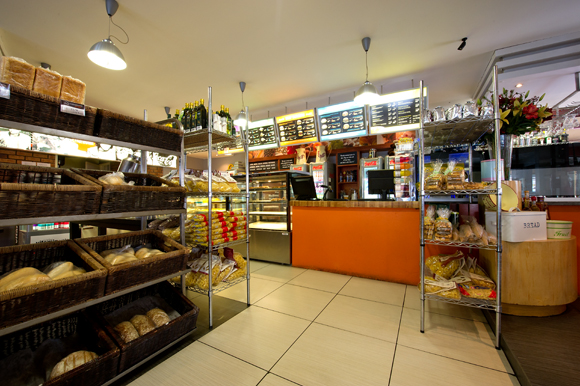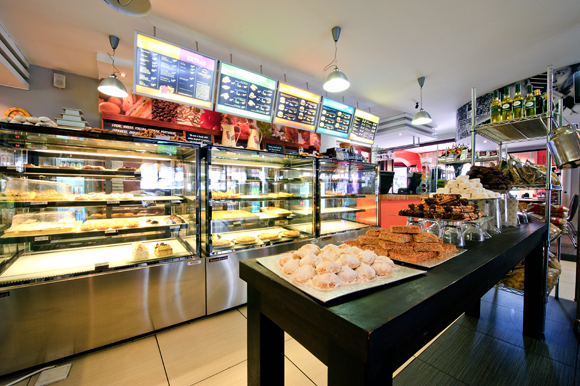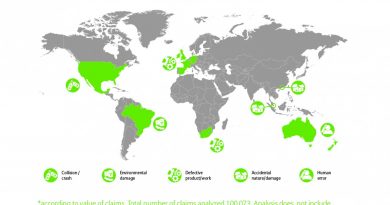How can we transform our kitchens to be environmentally friendly?

The kitchen is very often the heart of the home. It’s a place where laughter is shared, feasts are created and families unite. According to environmentally-friendly insurer, ibuyeco, the kitchen is also one of the best places to start reducing your environmental impact.
Bradley Du Chenne, spokesperson for ibuyeco says: “Transforming your kitchen into an eco-conscience one is neither costly nor complicated. In fact, by doing so, you can actually save money.”
ibuyeco offers tips on making the transition to a more environmentally friendly way of life:
• Use the dishwasher instead of hand washing. As counter-instinctual as this may sound, a dishwasher uses only half the energy, 37% less water and less soap than hand washing dishes does. However, if you fill up one sink with water for washing, and another sink for rinsing, as opposed to letting the water run, you will use half the water a regular dishwasher uses.
• Choose an oven with a self-cleaning option. Whether gas or electric, self-cleaning ovens have higher levels of insulation, resulting in more efficient cooking.
• Replace appliances with energy efficient models. Although you may have to pay a bit more for new fridges, freezers, washing machines and tumble dryers, the cost should be recouped through the reduction in your energy bills. Energy efficient models need less electricity to do the same job as older appliances.
• Reduce the number of unnecessary gadgets. A quick scan through your kitchen cabinets would reveal dusty gizmos that are probably never used. You can pass these on to somebody who might otherwise have bought new appliances, therefore saving emissions from the energy needed to make, transport and package the item.
• Do not use Teflon-coated cookware. Some of the chemicals used in Teflon are toxic and have been linked to female infertility and flu-like symptoms in people when heated in an enclosed area. Scratched Teflon pans are considered to be a potential health hazard.
• Wash only full loads. This makes your washing machine more efficient, saves energy from doing one wash instead of multiple, smaller washes, and also reduces the amount of washing powder you use. Also, choose a lower temperature for the cycle.
• Make use of SA’s bright sunshine. Tumble dryers consume huge amounts of energy, and as a result, add considerably to energy bills. Try drying clothes on a washing line during sunny or windy weather, or on drying racks in your home.
• Recycle or reuse old pots and pans. Donate your old pots and pans to a charity, as this will extend their useful life and keep them out of landfills.
“These suggestions can greatly help you make your living space more environmentally sound. Just attempting a few of these tips will help you achieve a greener lifestyle that can be passed on for your children and their children to enjoy,” concludes Du Chenne.

Photos credit to Caramello’s and the Brotherly Love for Coffee and Pastry



